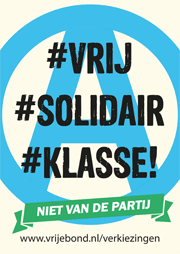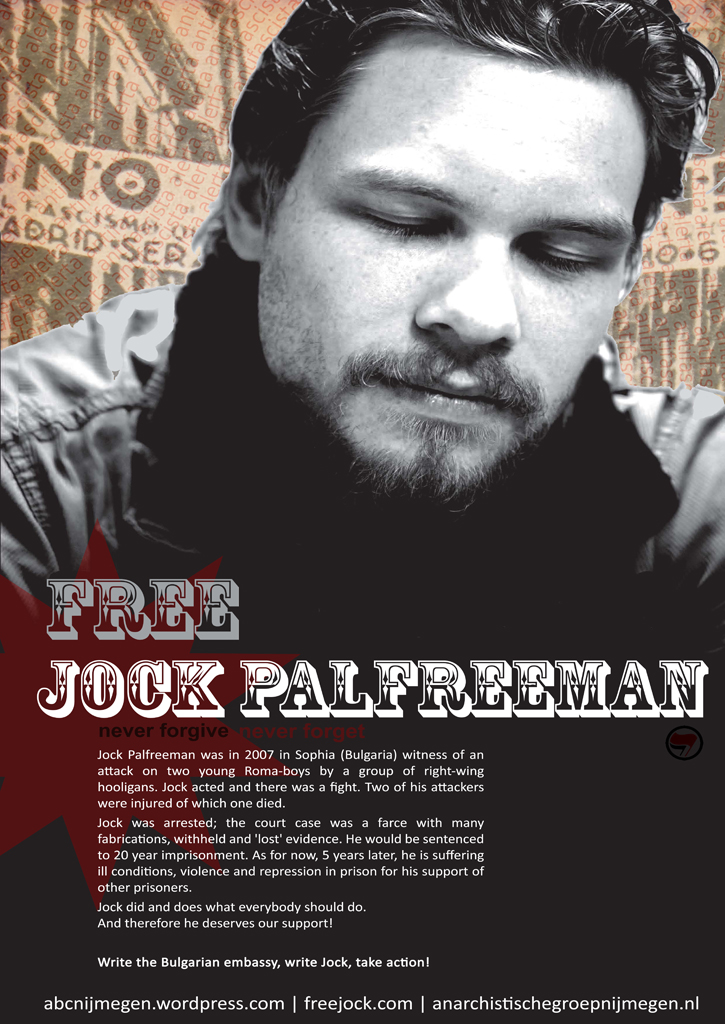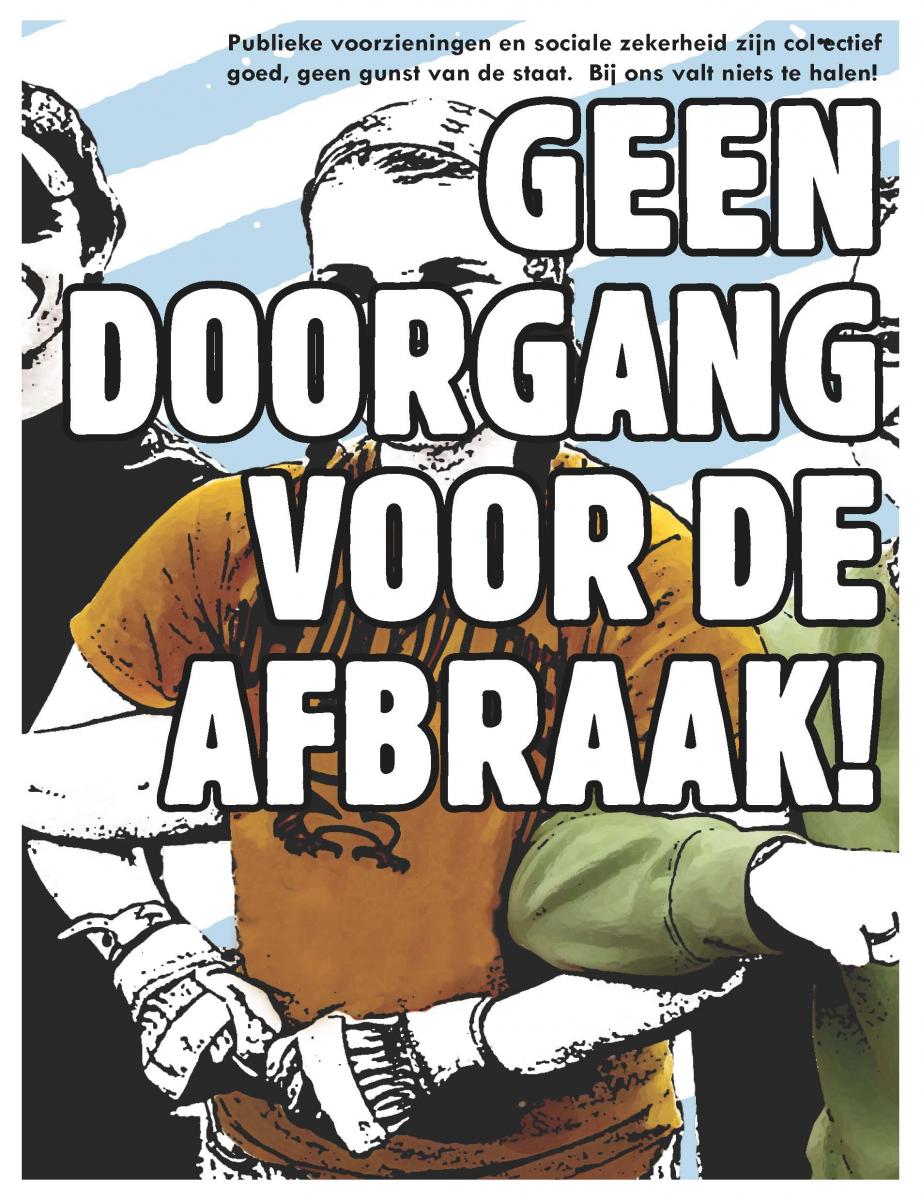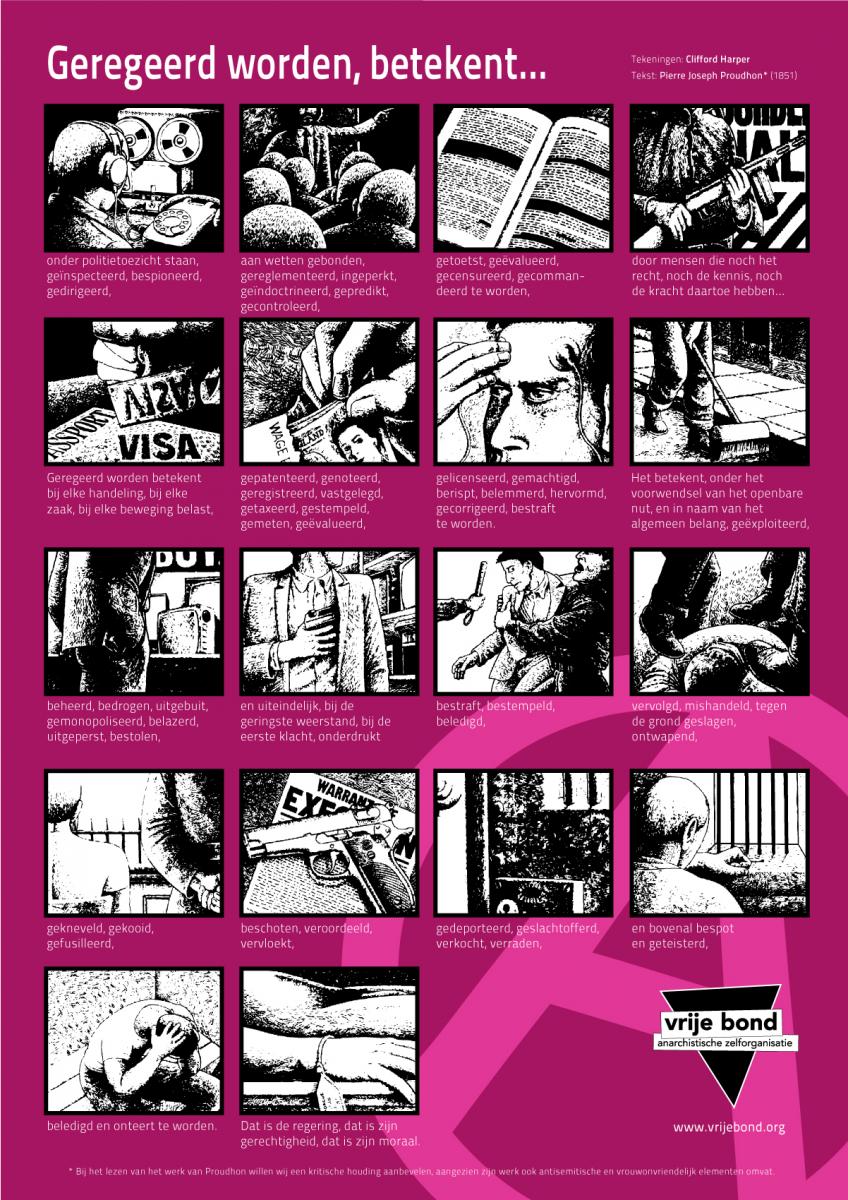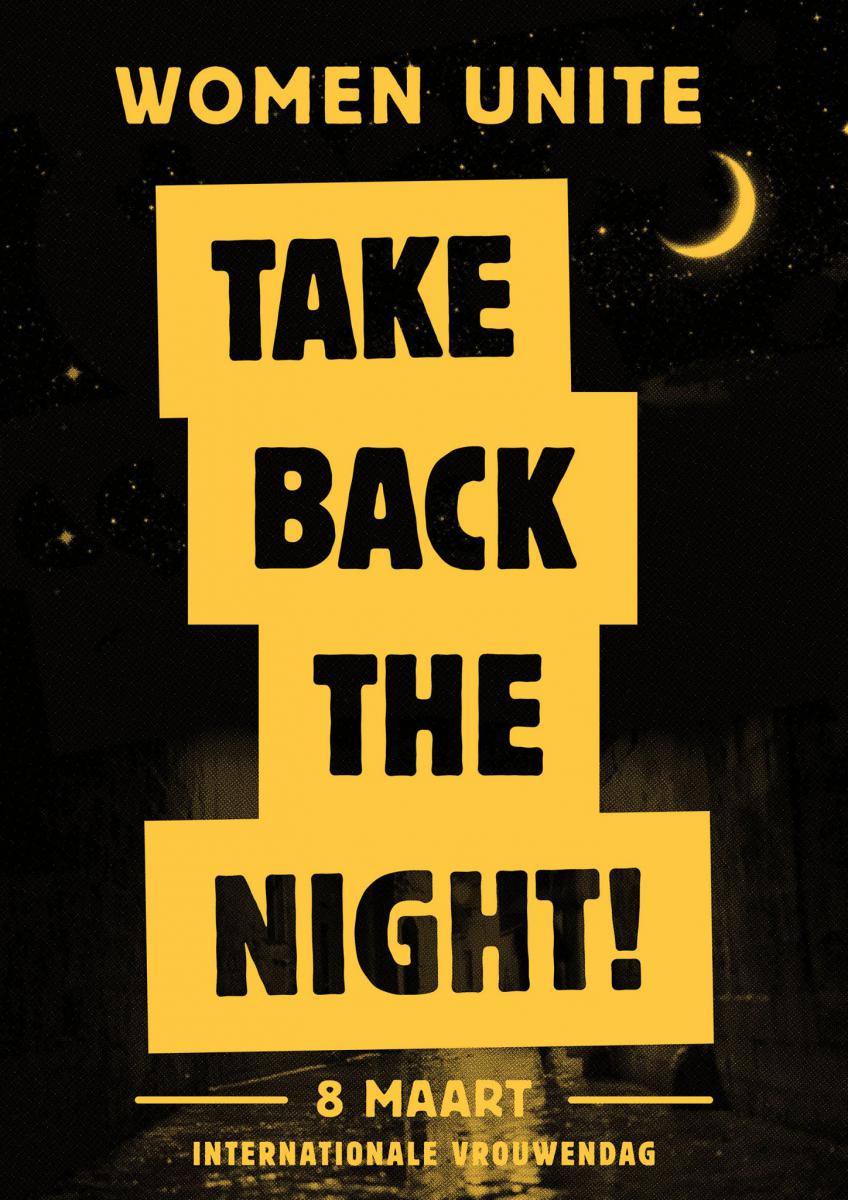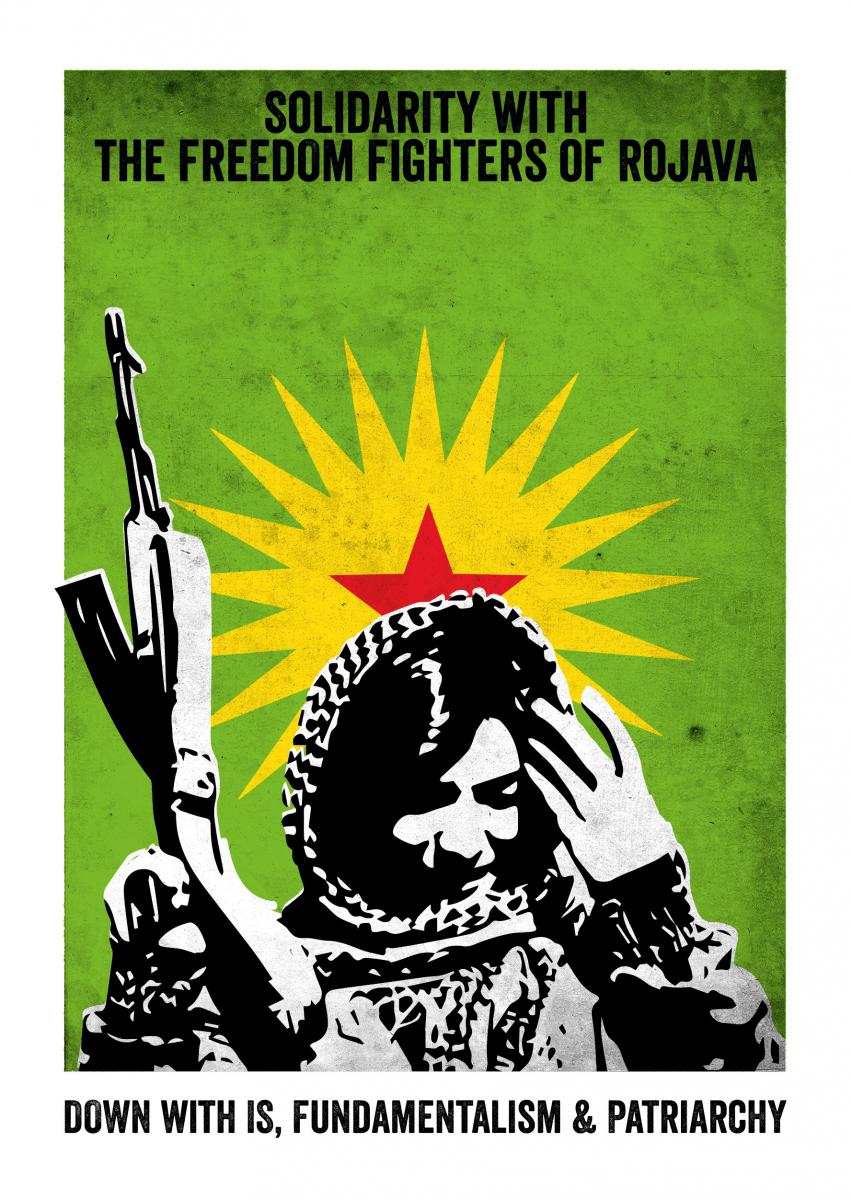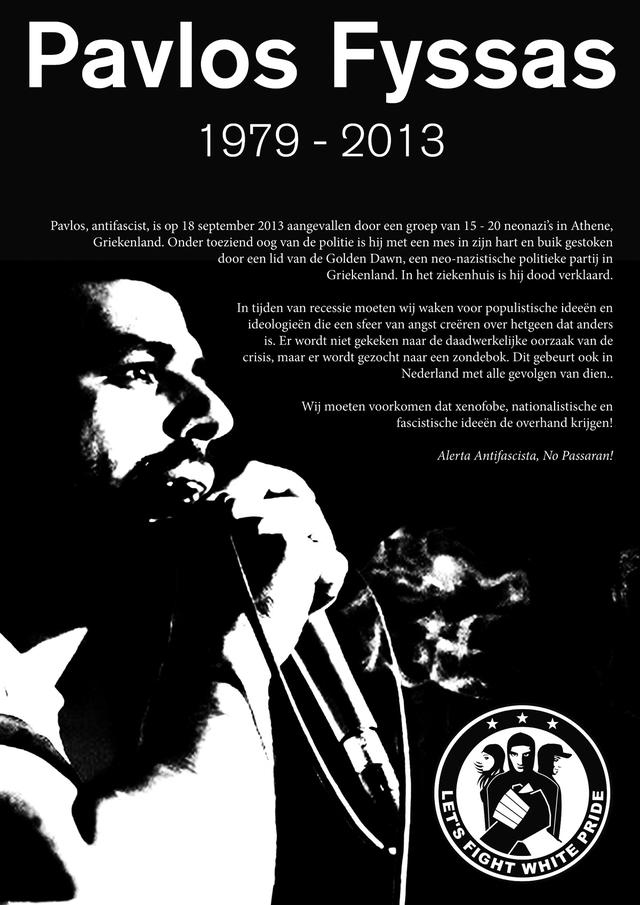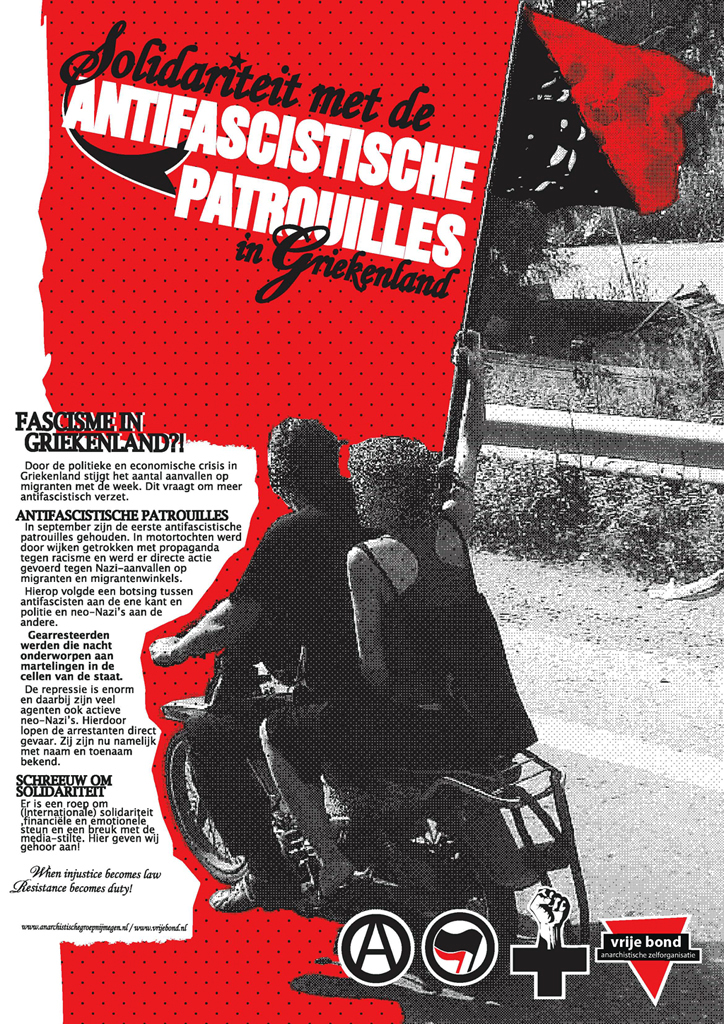Hand in hand against the politics of divide-and-conquer

How society is being set up against the refugees
Since this summer, when refugees started coming to the Netherlands again, the outcry that there is really no place for them here – or, even worse, that there is no space anymore because of them – is becoming louder and louder. Especially the latter you hear being said about social housing, but it also goes for public healthcare. However, what we have actually seen over the last decade is that political parties across the whole spectrum have contributed to the sell-out of public services – from the PvdA (social democrats) to the VVD (liberals), from the PVV (nationalist liberals) to GroenLinks (‘left’ liberals). Instead of forming a united front against those who are responsible for this sell out, we are being played out against each other in the irrationality of the moment: people are fighting one another for the leftover crumbs.
Actually, all of the political parties are responsible for the dismantling of the Dutch welfare state and for the fearmongering that is currently taking over public media and opinion. The cheap propaganda against refugees comes from all directions. A classic example is member of parliament Halbe Zijsltra (VVD). He spread the perverse fantasy about refugees who come here to get “eyelid corrections, breast reductions or –enlargements” and “complete teeth renovations” at “our expense”. The hypocrite reaction of fellow politicians who condemned these remarks only following a public outrage speaks for itself. Zijlstra ‘corrected’ himself afterwards, but for how much longer will this still be necessary? He was only one out of many politicians who couldn’t wait to define clear boundaries for the refugees in a “strict but fair” manner. But what are we actually talking about?
The dismantling of social housing
In the Netherlands there is a model of social housing where state- and non-profit organizations own houses that people with lower income may rent for affordable prices. The idea behind this is that everyone has the (basic human) right to a fine and secure home. However, this system hasn’t been able to solve the shortage of living space. It’s important to note that this shortage is not something that evolved over night but already exists since the 1980’s. It is thus the result of a long-term process, and the apparent climax it has reached with the arrival of the refugees is artificially construed. Since 2014, a rigorous restructuring of social housing has taken place. It mainly consists of measures that lead to a profound privatisation of the social housing market. Only last year, 7000 houses in this sector were sold to large, profit-oriented investment companies. If the original 2014 plans are fully executed, an estimated total of 200.000 to 300.000 social houses will be sold into private hands.
Examples of this mayor restructuring are very well visible in Nijmegen’s neighbourhoods like the Waterkwartier, the Wolfskuil and the Willemskwartier. In all of these neighbourhoods a large part of the social rental housing was demolished, and in its place, more expensive houses for sale were built. These neighbourhoods are often close to the city centre where the value of property has risen dramatically over the past years. All this is of course done in the interest of maximizing profit. Although in theory, the former tenants have the right to return to their neighbourhoods, many of them can’t afford the steep rise in prices. They are therefore often banned to the outer ring of the city where the price of the ground is (still) relatively cheap. This process – called gentrification - is going on in many places in the Netherlands and in Europe and has far-reaching effects on people’s lives. It’s a straight-forward attack on the social security of those who find themselves on the lower steps of the social ladder.
Cuts in the healthcare system
Not only social housing but also the healthcare system is under attack. Here, too, we hear the most crazy stories: about the care for the elderly being under threat, long waiting lines in hospitals, the homeless not having a place to sleep, and all of this is suddenly seen in relation to the refugees. It is ironic that all of a sudden people seem to care about the elderly and the homeless.
But what is actually going on with the healthcare system? For a while now we have been confronted with a steady increase of the “own risk” (where one has to pay €385 per year out of one’s own pocket first, before being able to apply for funding by the insurance), the disappearance of all kinds of services from the basic healthcare package, cuts on homecare, the restructuring of the long-term care. All of these changes have had immense effects on the people who are traditionally the most vulnerable in our society: people and families with low income, chronically ill people, the elderly. These cuts and the growing influence of financial interests on our healthcare system are conscious political choices. Not even to mention the growing influence of health insurance companies on the working conditions of healthcare practitioners and the amount and quality of personal attention they can have for us.
The responsibility of the current politics
The wrong tracks that politicians have set the public on in the past to distract from the true origins of the harsh austerity measures have created the possibility to now blame the refugees as the ones responsible.
Almost all political parties supported the economic restructuring of the Netherlands that has effectively lead to the breakdown of mutual solidarity and attention for each other and contributed to far-reaching individualism. It is important to identify the origin of the shortages we are facing and the ones who are benefitting financially from this. It’s the private investors, the large corporations, slumlords, and even dentists who profit from the privatization of social housing – at our expense. For healthcare, it’s the insurance companies, banks and the same private investors. They have transformed the rotting carcass of our healthcare system that was once based on solidarity into an individualized sector driven by profit.
Class struggle and international solidarity from below
If we want to take the wind out of the sails of the political right wing, we will have to address the social problems we are facing. It is important to support the refugees, but if we only focus on this issue, we as a movement run the risk of being marginalized and ultimately give the political right the possibility to gain a monopoly on these themes – something that is already happening. Apart from that, austerity and migration are also irrevocably connected to one another.
We need to build up resistance to secure our social securities. There is enough for everyone to lead a worthy life and this is the goal we have to strife for – refugees included. In the Netherlands, 8 billion euros disappear directly into the pockets of the banks each year to pay off interest on state debt only – a multiple of what the care for refugees costs.
In addition to this, people coming to the Netherlands could fully participate in society – if they were allowed. That is exactly what most of them want and it should not create any problems. With more people, the needs of society will equally rise. This should therefore have an effect on the labour market in the form of more jobs. And if this doesn’t turn out to be the case, we could distribute the existing work among more people so that ultimately we could even work less.
We need a totally different way of thinking. Due to the political poverty in the Netherlands we currently witness how the victims of the cuts on social services are being played out against the refugees. If we just stand aside now and watch rather than addressing the source of our problems, we run the risk of all being left behind empty-handed.
“IF YOU ARE NOT CAREFUL, THE NEWSPAPERS
WILL HAVE YOU HATING THE PEOPLE WHO ARE
BEING OPPRESSED AND LOVING THE PEOPLE
WHO ARE DOING THE OPPRESSING.”
MALCOLM X


